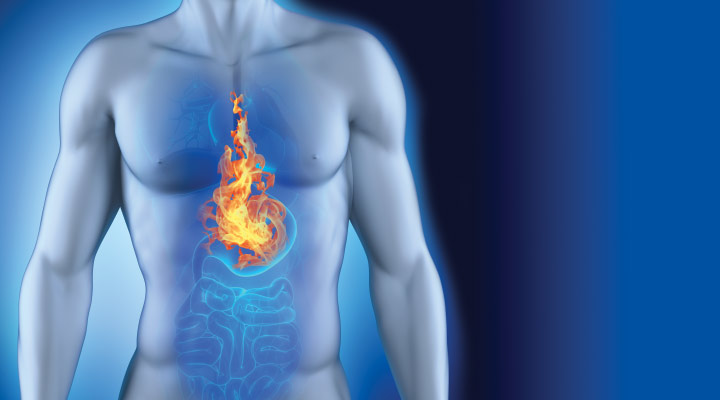 Most people who drink alkaline water do it primarily for hydration purposes. For this reason it’s big with athletes, trainers and other health professionals. Most will recommend it as a more efficient way to stay hydrated and flush the acids from your muscles so that they recover more quickly. While alkaline water is a growing trend, there is a lot of serious chemistry behind it that you want to understand before you start consuming it on a regular basis. People with kidney problems as one example should be extremely careful.
Most people who drink alkaline water do it primarily for hydration purposes. For this reason it’s big with athletes, trainers and other health professionals. Most will recommend it as a more efficient way to stay hydrated and flush the acids from your muscles so that they recover more quickly. While alkaline water is a growing trend, there is a lot of serious chemistry behind it that you want to understand before you start consuming it on a regular basis. People with kidney problems as one example should be extremely careful.
What Separates Alkaline Water From Regular Water?
So how is it really different from traditional bottled or tap water? Alkaline water has a pH level that’s over 7 – as a result of this it has a lower concentration of hydrogen ions. Any liquid can be measured on the pH scale for alkalinity or acidity. The scale measures the concentration of hydrogen ions in a liquid based on 0 to 14 point spread where anything under seven is acidic, 7 is neutral and anything above seven is alkaline. Items like baking soda are on the alkaline side and things like vinegar and coffee fall on the acidic side of the scale.
There are a lot of different things being said about alkaline water and while not all of them are 100% verifiable, a lot of them are. As an example one of the proven health benefits that has real scientific data behind it is the fact that it actually helps treat symptoms of acid reflux. When doing your research you’ll notice a lot of articles say things to the effect of: “Alkaline water? Well people say it works but there’s no scientific studies behind it to prove that” That’s just not true, there are is plenty of scientific data behind a lot of these claims.

Alkaline Water’s Proven Effectiveness Against Acid Reflux
By far the most verifiable claim is the way alkaline water deals with the symptoms of acid reflux. Below we lay out methods, results and conclusions from a respected scientific study which proves that there are real documented studies proving alkaline water is an effective treatment for acid reflux.
METHODS:
Laboratory studies were performed to determine whether human pepsin was inactivated by pH 8.8 alkaline water. In addition, the buffering capacity of the alkaline water was measured and compared to that of the two most popular commercially available bottled waters.
RESULTS:
The pH 8.8 alkaline water irreversibly inactivated human pepsin (in vitro), and its hydrochloric acid-buffering capacity far exceeded that of the conventional-pH waters.
CONCLUSIONS:
Unlike conventional drinking water, pH 8.8 alkaline water instantly denatures pepsin, rendering it permanently inactive. In addition, it has good acid-buffering capacity. Thus, the consumption of alkaline water may have therapeutic benefits for patients with reflux disease.
